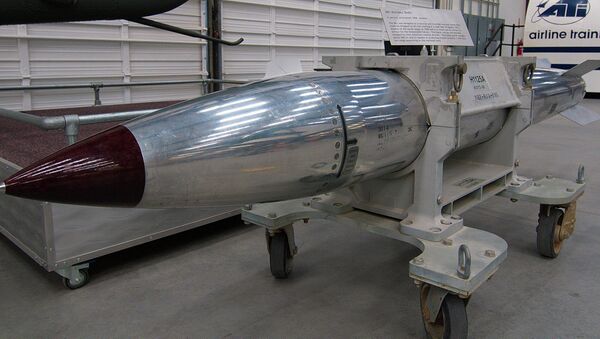"The problem is that most of the actions he [Obama] can take can be reversed by the next president, and there does not seem to be a lot of domestic political support for returning to the arms control agenda," St. John’s University Professor of Government David Kearn told Sputnik on Monday.
Just as context, Kearn explained, given all of the pressing US national security challenges and the need and calls for modernization, there is not much of an appetite in Washington for further nuclear arms reductions.
"I think the president is genuinely committed to the cause of nuclear arms control, but obviously world events have made progress pretty difficult," Kearn added.
Discussions of the US nuclear deterrent have been placed on the back burner, Kearn explained, but there are some huge decisions coming considering that all three legs of the nuclear triad are in need of recapitalization.
"Given the expected costs and commitments of scarce resources, it probably is a very good time for thinking about the requirements for robust nuclear deterrent, but the nature of the international environment is such that any dramatic changes from the current status quo are highly unlikely," Kearn said.
Woodrow Wilson Center scholar Michael Kofman told Sputnik it was unlikely that talks over extending the New START treaty would happen during the Obama administration.
"I don't think it’s a plausible scenario," Kofman stated. "Russia will no doubt seek to discuss its extension with the next administration."
On Monday, Kremlin spokesman Dmitry Peskov said Russia is unaware of reported US plans to offer Russia a five-year extension of the New START treaty.
A US Department of State official told Sputnik on Monday that the United States will continue pursuing options to further bolster the global nuclear non-proliferation regime.


